Today, 27 January, marks Holocaust Memorial Day and 75 years to the day since the liberation of Auschwitz.[1] The Shiloh Project joins the many people worldwide solemnly marking this momentous day.
While other genocides and other mass human rights violations have occurred and continue to occur, the Holocaust is also singular. The Holocaust, or Shoah,[2] has taken millions of lives and has affected and warped millions more, as well as influenced the course of history, consciousness, scholarship and much, much more. For these reasons and others, it remains important to talk about, to remember and to commemorate the Holocaust if any good at all is to come from this tremendous carnage, in the form, for instance, of recognizing the enormous damage and tragedy that comes from the confluence of discrimination, dehumanisation, unquestioning obedience to authority and terror. This recognition is then, hopefully, taken forward as commitment to preventing any further human rights atrocities.
Given the focus of the Shiloh Project, let us point out, too, that sexual violence carried out as part of the Holocaust is slowly beginning to receive more attention.[3] This is demonstrated, for instance, in the important work of Shiloh member Miryam Sivan. Miryam has presented on sexual abuse in Holocaust literature at the Shiloh conference (see here and here) and has featured in our series on the 16 Days of Activism (see here).
 Last year, Miryam published her novel, Make It Concrete. (For a review, see here.) This novel tells the story of Isabel Toledo, a strong and independent woman, living in today’s Israel. Isabel has three children, several lovers and works as a ghost writer, recording the narratives of Holocaust survivors. But her life and equilibrium is unsettled by a past that predates her life.
Last year, Miryam published her novel, Make It Concrete. (For a review, see here.) This novel tells the story of Isabel Toledo, a strong and independent woman, living in today’s Israel. Isabel has three children, several lovers and works as a ghost writer, recording the narratives of Holocaust survivors. But her life and equilibrium is unsettled by a past that predates her life.
What is most affecting about Miryam’s novel is the feeling of the past bearing down heavily on the present. Her account makes clear that our grandparents’ and parents’ lives and the fear and pain of the past can resonate and reach harmfully into present lives and times. This is worth reminding ourselves of as we reflect today on the Holocaust and on the wars and atrocities and refugees’ fates of our own time: how might what is happening now shape and harm lives in times to come? What can we do better?
Please read Miryam’s novel: Miryam Sivan, Make It Concrete (Brooklyn, NY: Cuidono Press, 2019).
[1] This is not to be confused with Yom HaShoah, commemorated in the Jewish calendar on the 27th day of Nisan. This year, in a grisly coincidence, Yom HaShoah will begin at sundown on 20 April, the birthday of Adolf Hitler.
[2] I have written elsewhere about the names ‘Holocaust’, ‘Shoah’ and ‘Porajmos’, as well as about the problematic practice of ascribing the word ‘Holocaust’ to other grand-scale horrors, e.g. ‘The African Holocaust’ to the HIV and AIDS pandemic in sub-Saharan Africa. See Johanna Stiebert, ‘The African Holocaust: What Is In a Name?’ Missionalia 37/2 (2009): 192-209.
[3] For one example, see The Guardian (October 2019),reporting on Nazi atrocities committed against the Sinti and Roma. The article (see here) makes reference to Hermine Horvath’s ‘unusually explicit’ account of sexual abuse perpetrated by an SS leader.



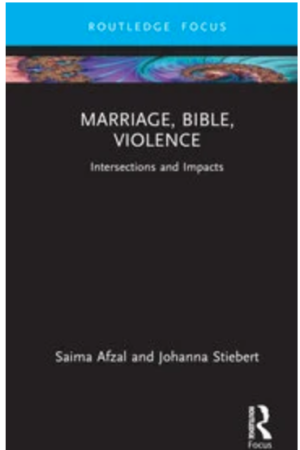

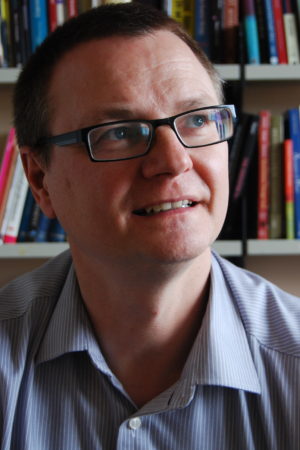

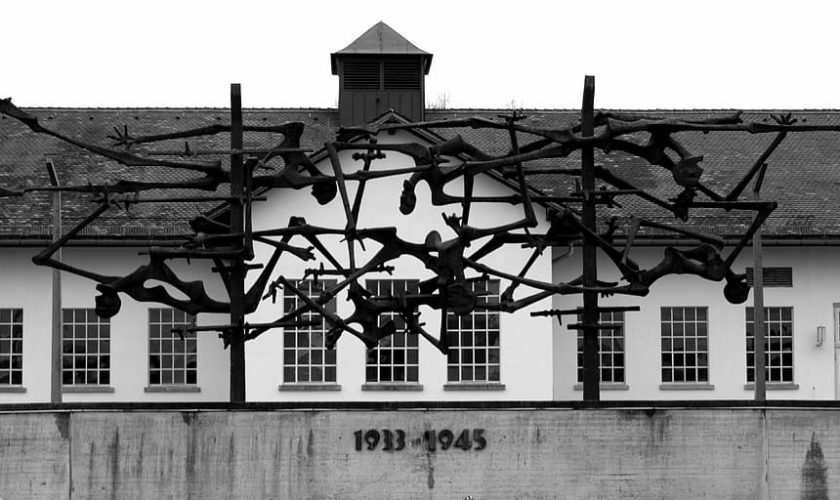
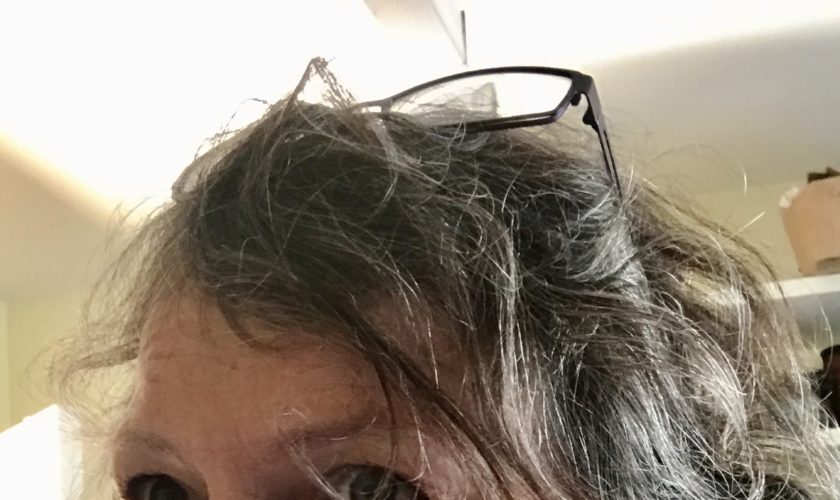

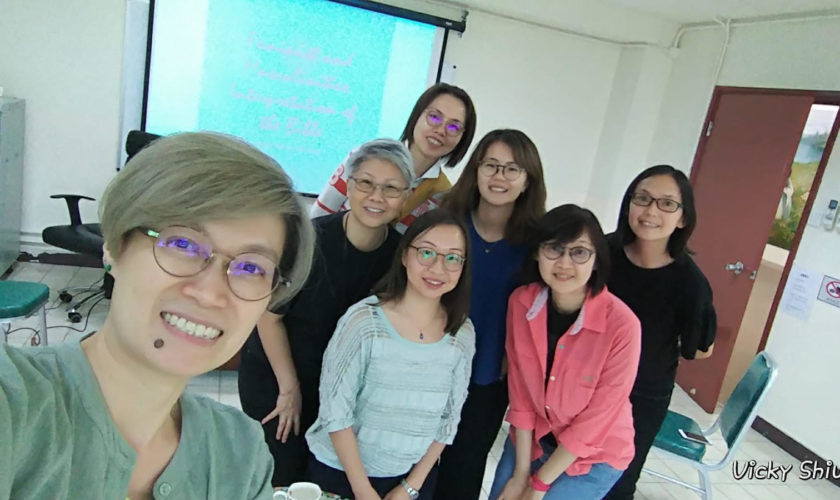



 The Nature Network provides support and community, advocacy, resources, advice, and a social justice platform for its members but, like other LGBTQ+ people and other refugees, too, they are a vulnerable community. Homophobia in all its insidious and often violent forms is very much present in Nairobi, as it is in very many other places. Added to that, like refugees elsewhere, community members are struggling in the face of economic uncertainties, poverty and all the vulnerabilities these bring with them. The range of members’ needs is complex and varied. Many suffer from unmet health problems, including mental health issues, and all live with various kinds of uncertainty regarding employment, economic security, and future prospects. Many are awaiting decisions from
The Nature Network provides support and community, advocacy, resources, advice, and a social justice platform for its members but, like other LGBTQ+ people and other refugees, too, they are a vulnerable community. Homophobia in all its insidious and often violent forms is very much present in Nairobi, as it is in very many other places. Added to that, like refugees elsewhere, community members are struggling in the face of economic uncertainties, poverty and all the vulnerabilities these bring with them. The range of members’ needs is complex and varied. Many suffer from unmet health problems, including mental health issues, and all live with various kinds of uncertainty regarding employment, economic security, and future prospects. Many are awaiting decisions from 

 Chris’s second book is called
Chris’s second book is called 





